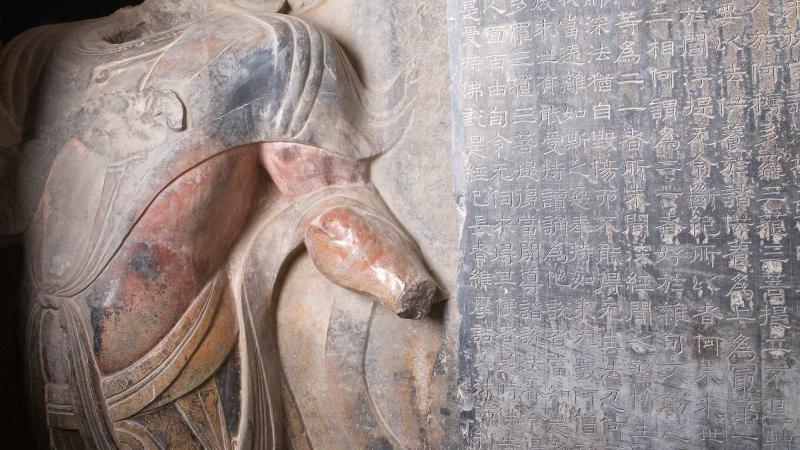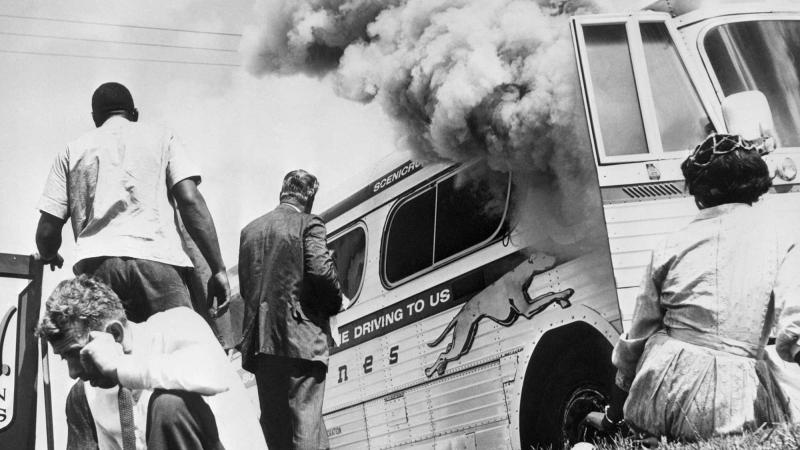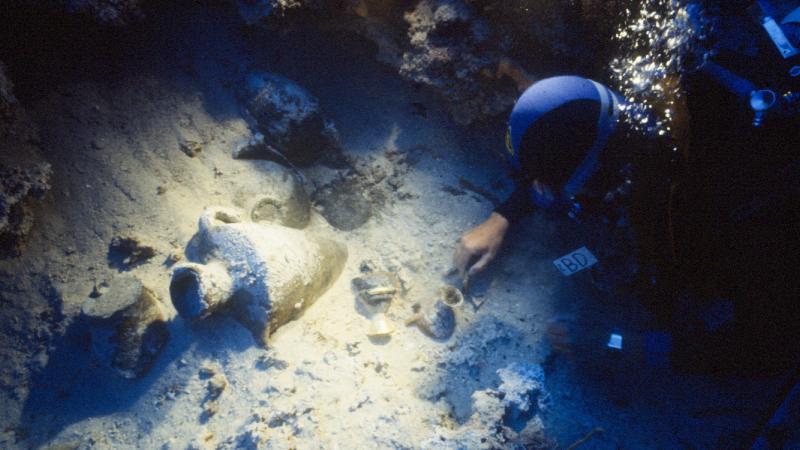The Papers of George Washington are a monumental collection of 140,000 documents. To assemble the archive, editors and scholars at the University of Virginia have had to search more than 300 libraries and archives in the U.S. and overseas to complete the picture of our first president and his times. Since 1969, NEH has awarded $5,190,875 in grants to the project.
“Washington had a sense of history,” says recent editor in chief Theodore Crackel. “He had a sense that the Revolution was an extraordinarily important event in the history of this nation and that he was going to play a very important role in this. And that preserving the papers—his papers and the papers of the Revolution—was an extraordinarily important goal. So it was something that he began to do from the very beginning.”
Washington’s correspondence, his diary, and papers from his presidency make up the bulk of the project. It also includes letters written to him. Documents touch on nearly all facets of life in the late colonial period and provide insight into the founding of our nation. There are detailed records of his farming, trading, and land interests, ranging from financial account books to orders and invoices from British merchants to lists of slaves. Washington also kept meticulous records of his time commanding the American Revolutionary Army and serving as president.
The character of the man who became our president can be seen in the words he chose. “His writing was not introspective but articulate,” says former editor Philander D. Chase. “You have to read in depth to get to know him, then you get addicted to him. The more you read, the more interesting he becomes.”
Washington’s papers reveal, for example, how the burden of forming the new nation weighed heavily on him. “It was an agonizing decision for him to become president,” says Chase. “He wanted to stay home and tend to the farm, but he was also an ambitious man and understood the new nation needed him and that he had to do it.”
Washington summed up these feelings in an address before the Connecticut Legislature in October 1789. “In launching again on the ocean of events I have obeyed a summons, to which I can never be insensible—when my country demands the sacrifice, personal ease will always be a secondary consideration.”
In addition to the printed volumes, the papers are available at Founders Online. The digital version includes the apparatus that makes scholarly editions like these so valuable: notations identifying people and places, and providing context where needed. The website for the papers project has maps, an image gallery of Washington and his family, and scans of documents that allow you to read Washington’s sprawling handwriting up close.
Started in 1969, sixty-three of a projected ninety volumes are complete, with the remainder to be done by 2023.
Written by Meredith Hindley, senior writer for Humanities.


